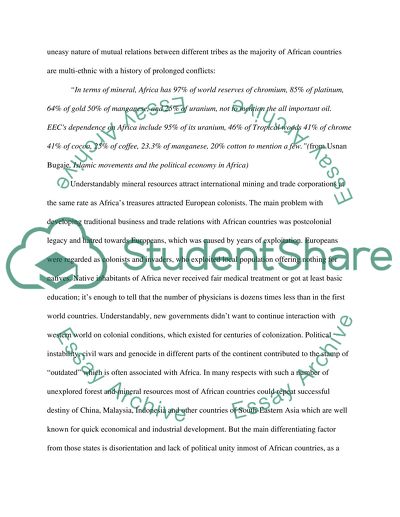Cite this document
(“Geo-political issues Essay Example | Topics and Well Written Essays - 1750 words”, n.d.)
Retrieved from https://studentshare.org/sociology/1519463-geo-political-issues
Retrieved from https://studentshare.org/sociology/1519463-geo-political-issues
(Geo-Political Issues Essay Example | Topics and Well Written Essays - 1750 Words)
https://studentshare.org/sociology/1519463-geo-political-issues.
https://studentshare.org/sociology/1519463-geo-political-issues.
“Geo-Political Issues Essay Example | Topics and Well Written Essays - 1750 Words”, n.d. https://studentshare.org/sociology/1519463-geo-political-issues.


